How To Choose Water Treatment Equipment Suppliers?
Selecting the right water treatment equipment supplier is a pivotal decision for industries, municipalities, and businesses that rely on clean and safe water. The quality of your water treatment equipment plays a critical role in ensuring that you meet regulatory standards and maintain the highest water quality standards. In this detailed guide, we will explore the key factors to consider when choosing water treatment equipment suppliers.
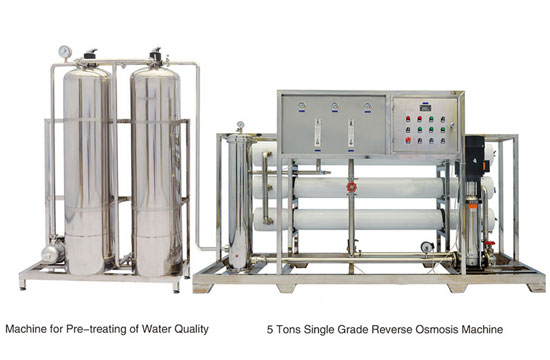
I. Understand Your Water Treatment Needs
Before diving into the supplier selection process, it's crucial to have a clear understanding of your specific water treatment requirements:
Water Source: Determine whether your water source is groundwater, surface water, or municipal supply, as this impacts the choice of treatment equipment.
Water Quality Analysis: Conduct a comprehensive analysis of your water quality to identify contaminants, impurities, and any unique characteristics that require specialized treatment.
Treatment Objectives: Define your treatment goals, whether they involve purification, disinfection, chemical dosing, or a combination of processes.
Flow Rate and Capacity: Calculate the required flow rate and capacity of the equipment to ensure it meets your demand effectively.
II. Research Potential Suppliers
Industry Experience: Look for suppliers with extensive experience in the water treatment industry. A long history suggests expertise and reliability.
Certifications and Compliance: Verify that the supplier complies with industry standards and regulations, such as NSF, ANSI, or ISO certifications.
Product Range: Evaluate the diversity of equipment offered by the supplier. They should offer a broad range of solutions to meet your specific needs.
References and Testimonials: Seek customer references or read testimonials to gauge the supplier's reputation for product quality and customer service.
III. Technical Support and Expertise
Technical Support: Inquire about the supplier's technical support and after-sales services. Responsive assistance is crucial for equipment maintenance and issue resolution.
Engineering Capabilities: Determine whether the supplier can provide custom solutions and engineering expertise for unique projects.
IV. Quality and Warranty
Equipment Quality: Prioritize high-quality equipment that meets industry standards and specifications, ensuring long-term reliability.
Warranty: Understand the terms and conditions of the equipment warranty. Longer warranty periods often indicate confidence in product durability.
V. Pricing and Cost Transparency
Competitive Pricing: Compare prices from multiple suppliers, but be cautious of unusually low prices, which may suggest subpar quality.
Cost Transparency: Request a detailed breakdown of costs, including installation, maintenance, and spare parts, to make an informed financial decision.
VI. Environmental Considerations
Sustainability: Assess the supplier's commitment to sustainable practices and inquire about eco-friendly equipment options.
Energy Efficiency: Opt for equipment designed for energy efficiency to reduce operational costs and minimize environmental impact.
Conclusion
The selection of a water treatment equipment supplier is a critical decision that significantly affects the quality and effectiveness of your water treatment processes. By thoroughly assessing your needs, researching potential suppliers, and considering factors like technical support, quality, pricing, and environmental responsibility, you can make an informed choice. A reliable supplier will not only provide high-quality equipment but also offer ongoing support, ensuring that your water treatment systems consistently meet or exceed your goals and regulatory requirements. Remember that investing in the right water treatment equipment supplier is an investment in the health, safety, and sustainability of your water supply.
Must-Read Blogs For Chain Restaurants Owner

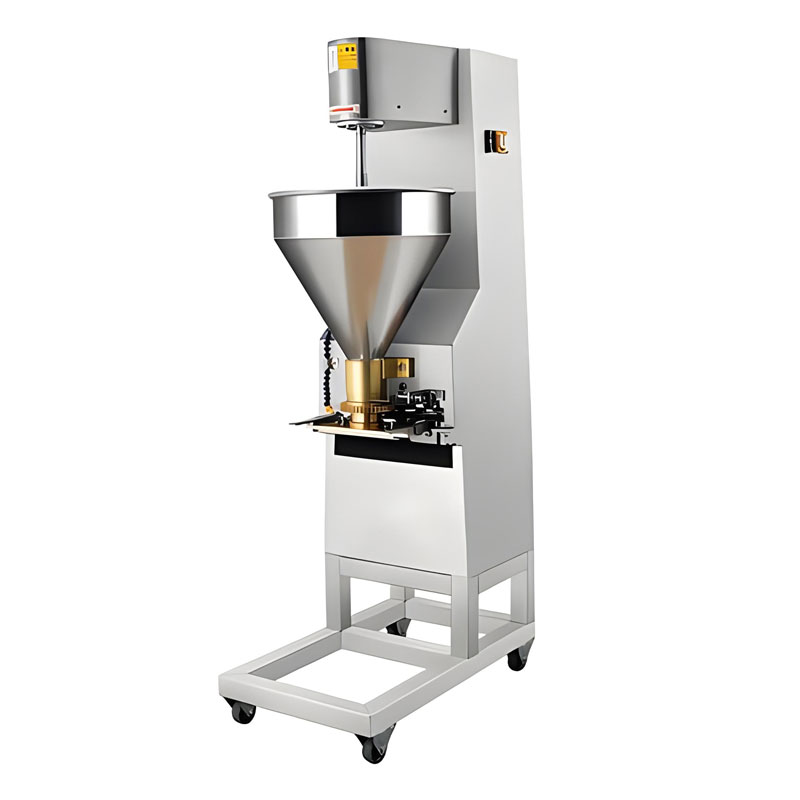
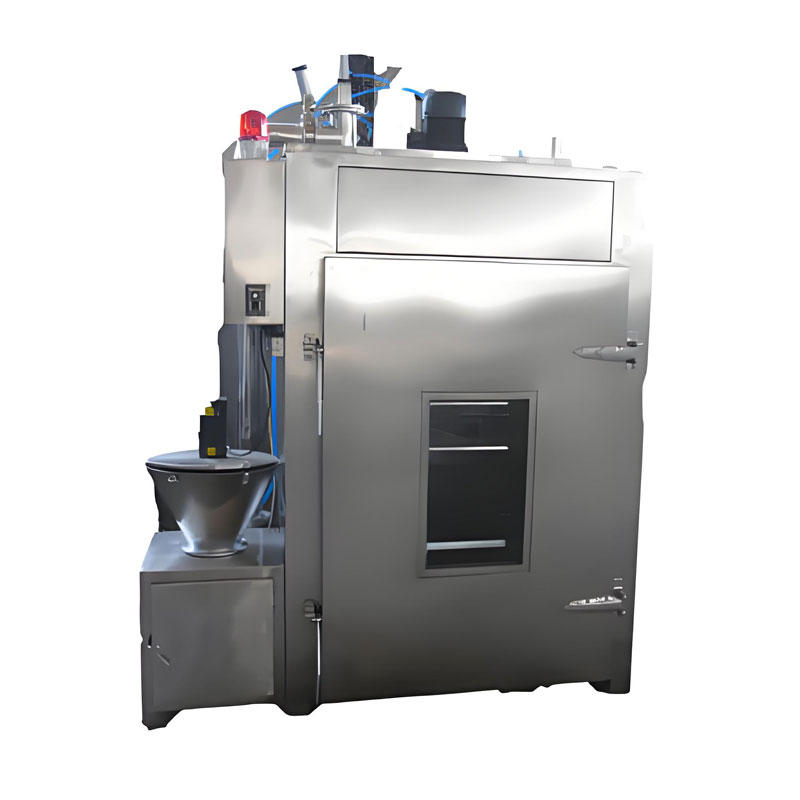
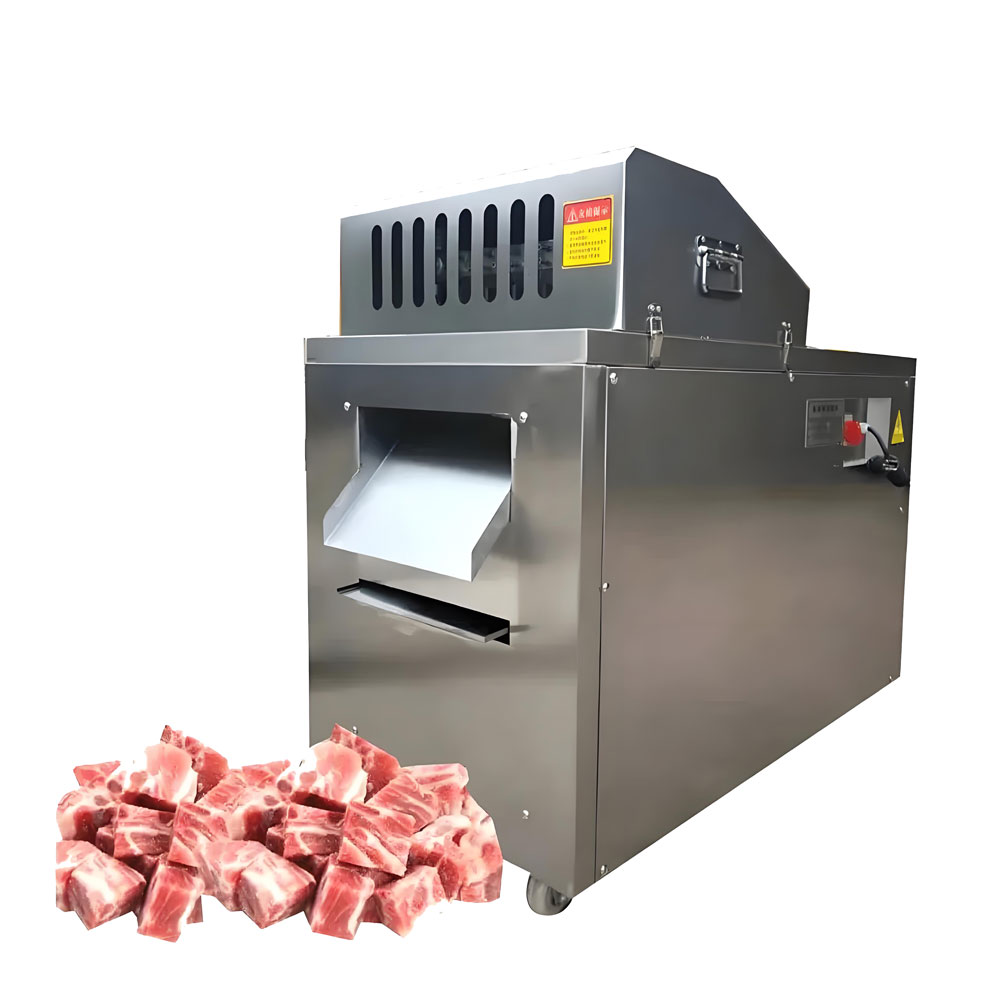
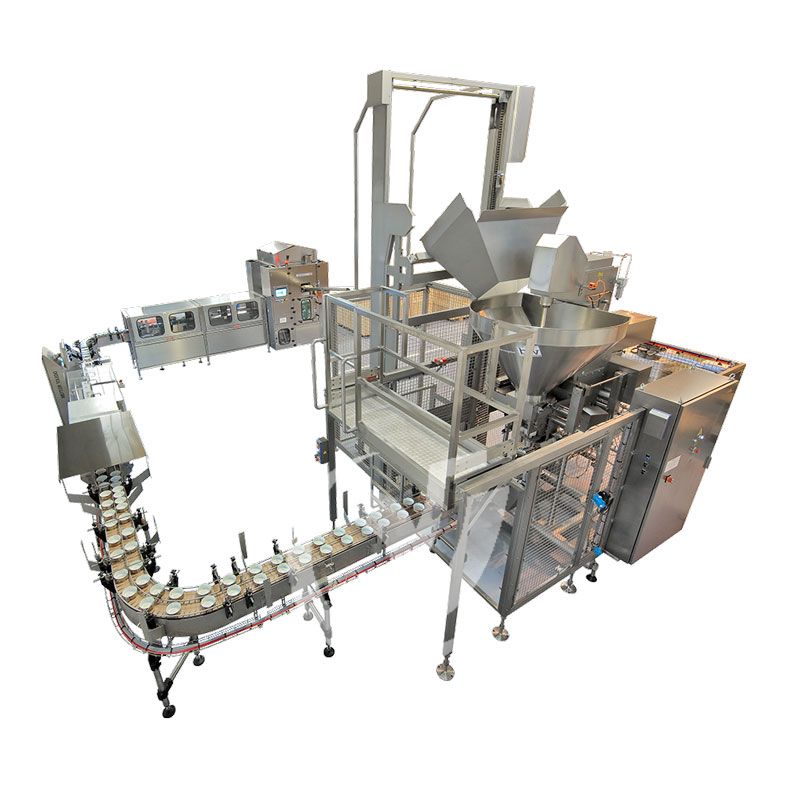

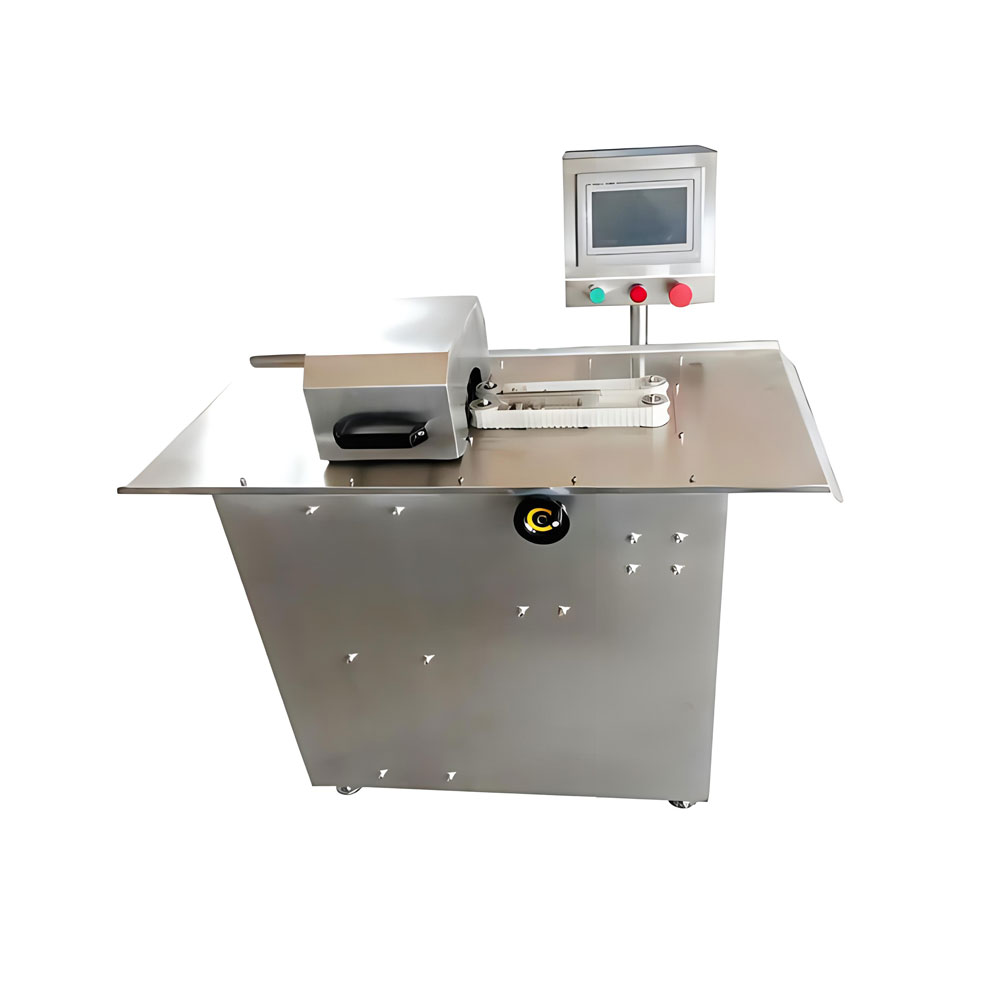
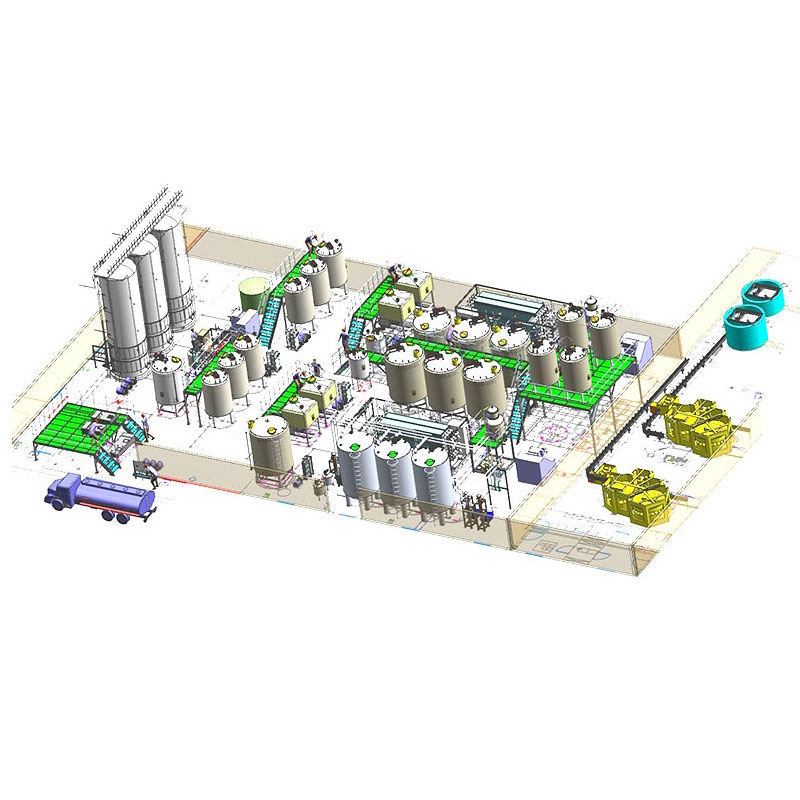
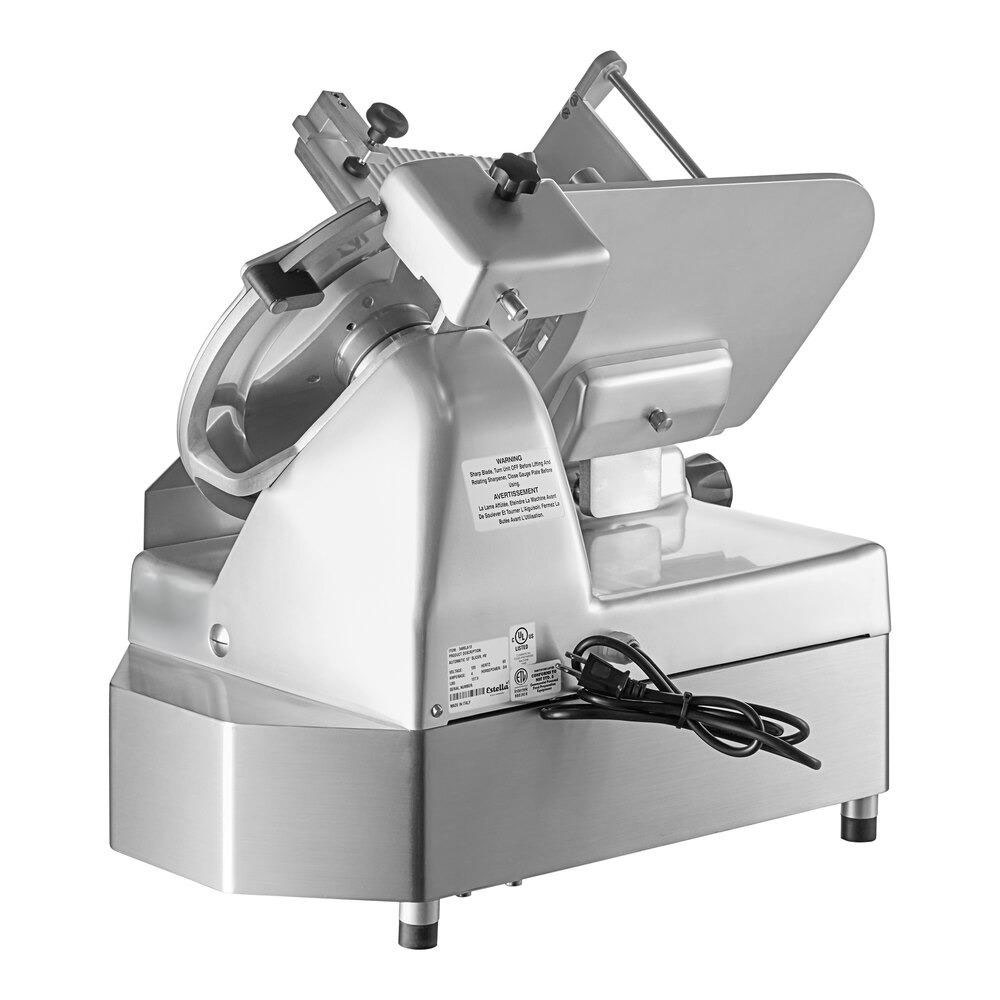
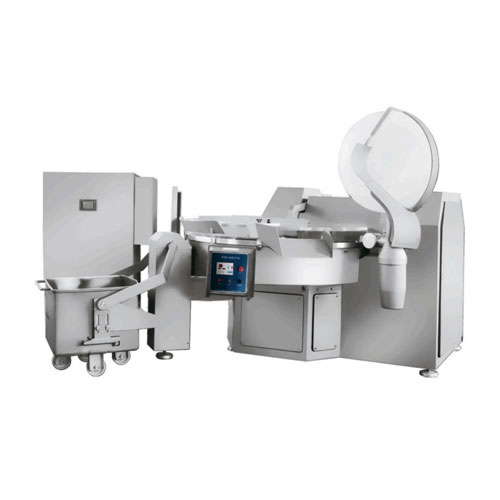
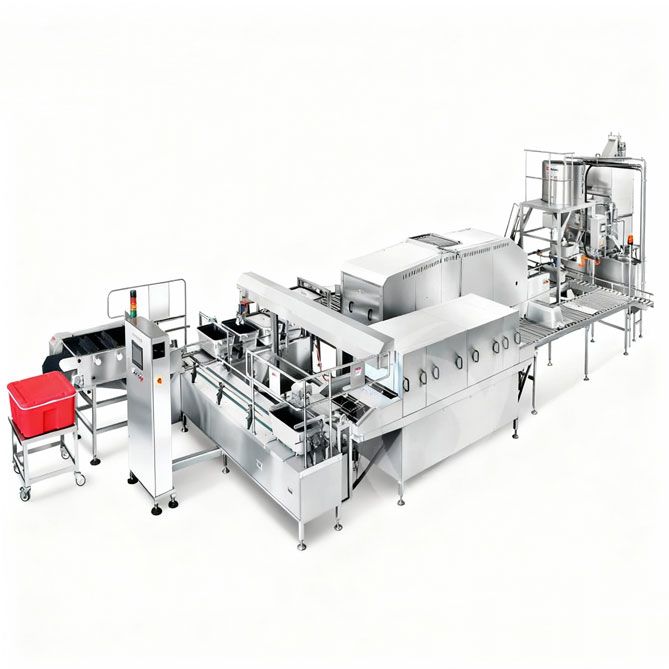
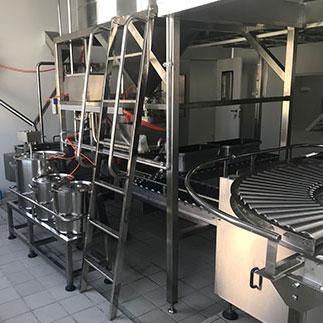 Cold Chain Rice Production Line
Cold Chain Rice Production Line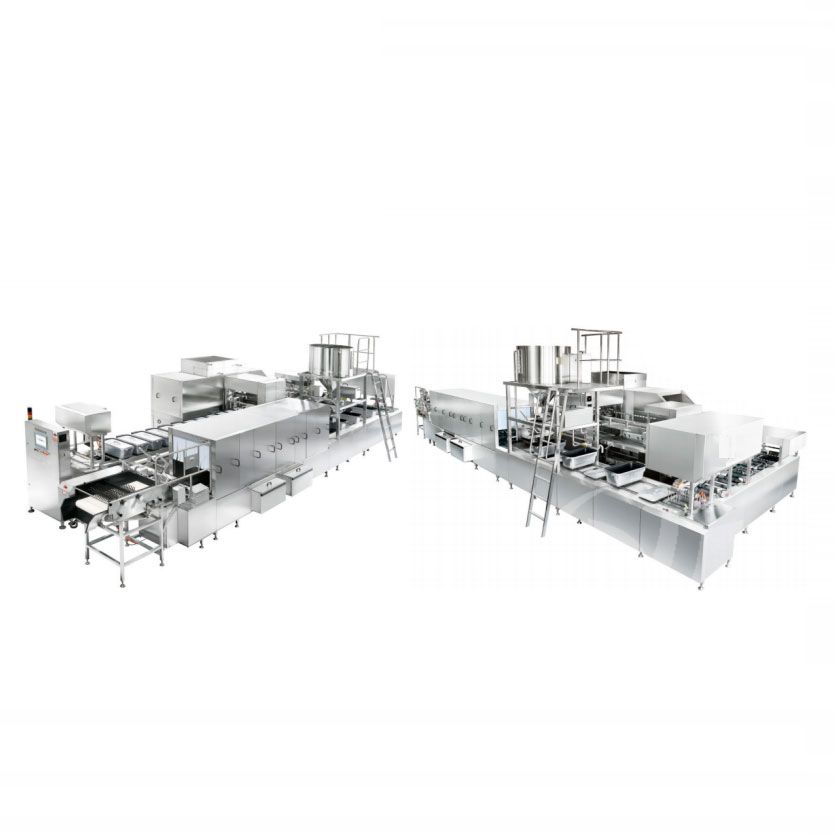 Unmanned Intelligent Rice Production Line
Unmanned Intelligent Rice Production Line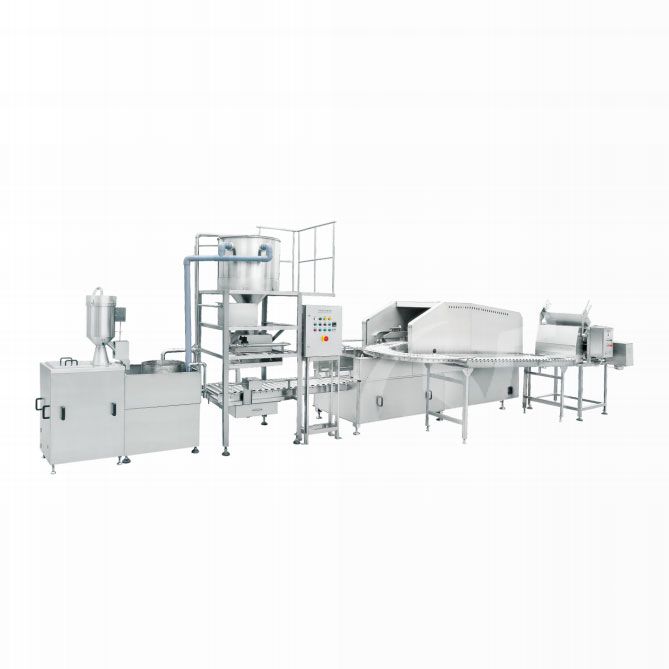 Automatic Rice Production Line
Automatic Rice Production Line
Ready to Get Started?